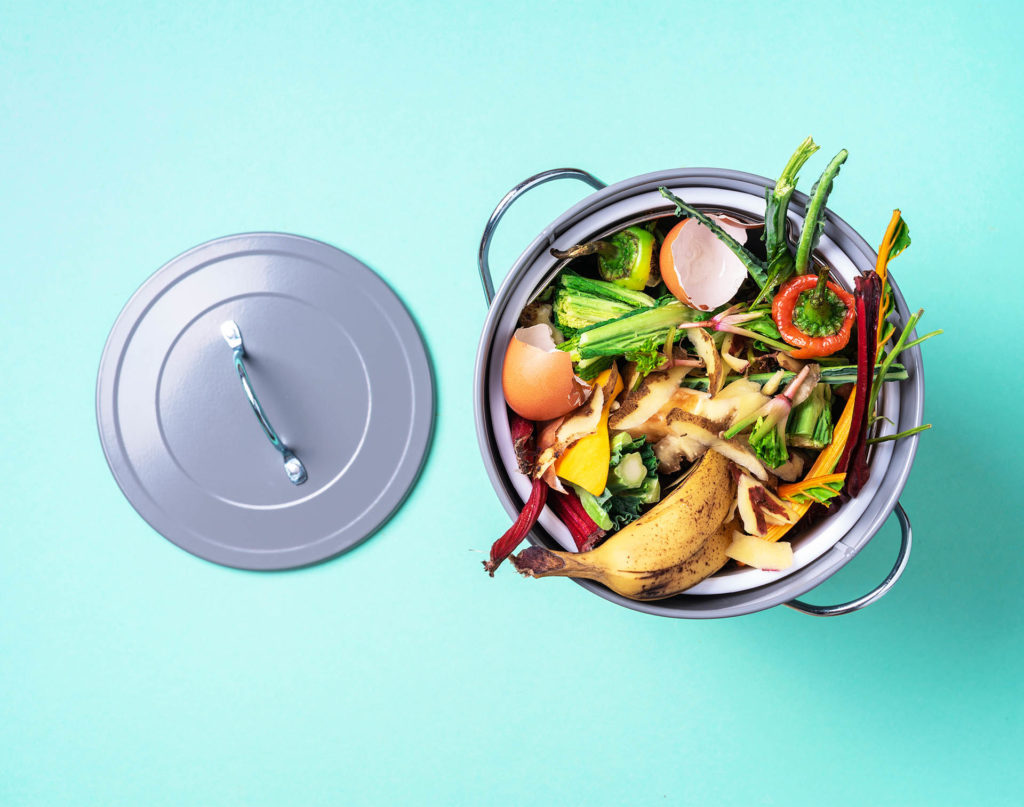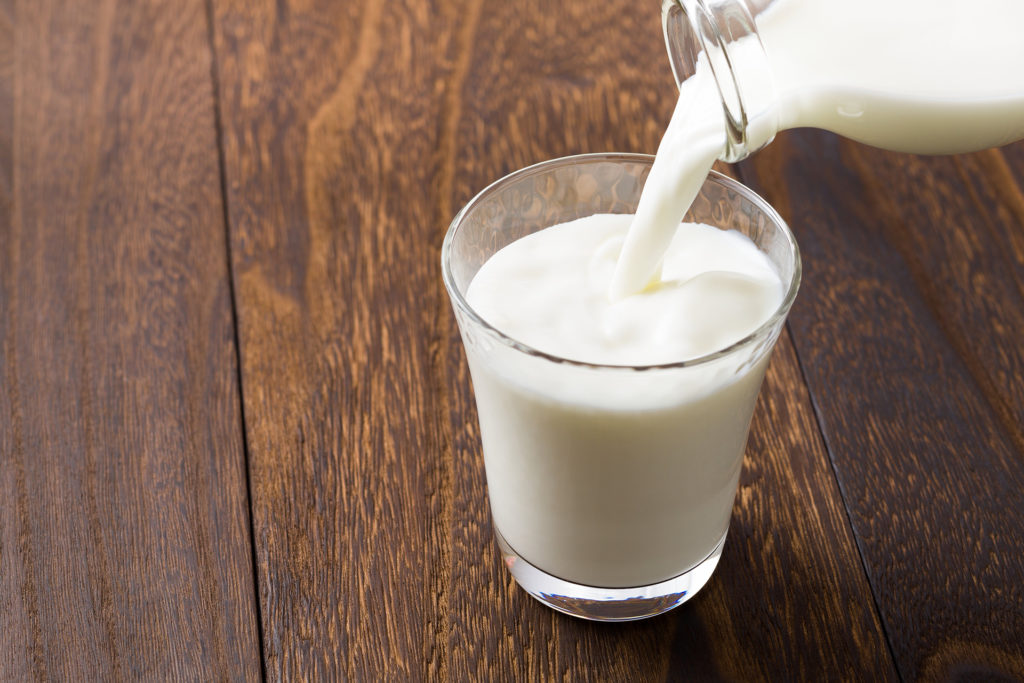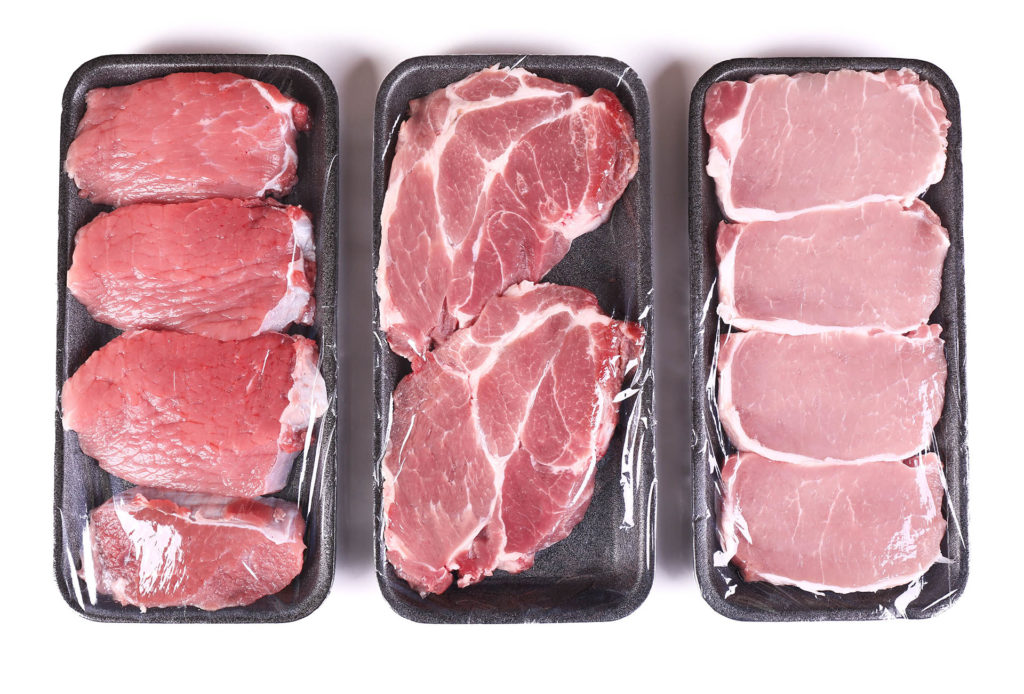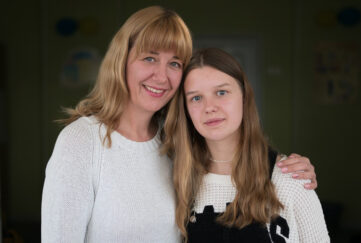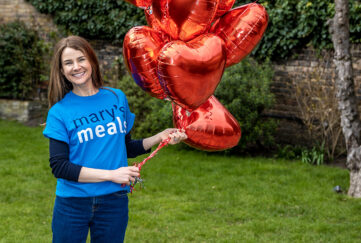Act On Food Waste, Tackle Climate Change, Says Nadiya
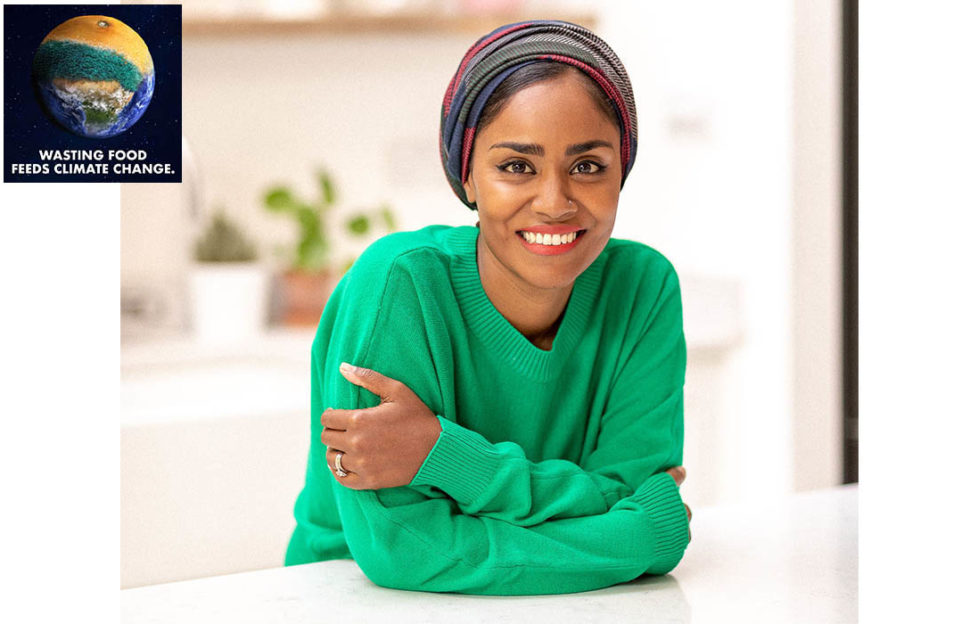
The UK’s first ever Food Waste Action Week, running until March 7, aims to tackle food waste in the home and help save the planet.
Cook, TV presenter and author Nadiya Hussain has joined environmental charity WRAP for the UK’s first national week of action on food waste. The aim is to tackle household food wastage and drive home the message, Wasting Food Feeds Climate Change.
With UK households wasting the equivalent of eight meals a week on average, #FoodWasteActionChallenge will help reduce this amount.
When it comes to food waste at home, UK households produce around 70% of the UK’s 9.5 million tonnes of food waste every year.
To tackle this, Love Food Hate Waste and Nadiya are asking people to take part in the Food Waste Action Week Challenge to make sure no edible food ends up in the bin.
“It’s about helping people make the most of their food”
Nadiya is spearheading a week of activities offering tips and tricks to cut waste, simply.
In total, a staggering 6.6 million tonnes of food waste comes from our homes each year in the UK, at a cost of £14 billion.
Of that, 4.5 million tonnes is food that could have been eaten, which works out at around eight meals per household each week.
This ‘edible’ element of household food waste is responsible for 14 million tonnes of CO2 alone – as much greenhouse gas produced as flying from London to Perth more than 4.5 million times.
Globally, around a third of all food produced is lost or wasted. This contributes between 8 and 10% of total greenhouse gas emissions.
Nadiya commented, “Being at home more this last year has given many of us – including myself – an opportunity to reassess our relationship with cooking.
“Most of us don’t realise it, but wasting food is a major contributor to climate change. And it isn’t just the leftovers on our plate to consider but the many resources that go into producing our food, like water and land.
“If we each make small changes we’d dramatically reduce the amount of food that ends up in the bin, and really can make a difference.
“From avoiding buying or preparing too much to storing food correctly, Food Waste Action Week is about helping people make the most of their food, and through our actions – help protect our planet.”
Good habits during lockdown
People are less aware of the impact of food waste on climate change than other environmental factors.
Recent WRAP research found that while 81% of people in the UK are concerned about climate change, less than a third (32%) see a clear link between it and food waste.
Over half link aviation and climate change. In fact, global food waste produces more greenhouse gas emissions than all commercial flights.
However, according to 2020 WRAP research on UK food habits during lockdown, being confined to our homes has led to an increase in habits such as batch cooking and meal planning, which help tackle food waste.
But the latest insights suggest that food waste levels are likely to rise again as we emerge from lockdown.
Food Waste Action Week aims to empower people to make simple changes in how they manage their food to avoid it being wasted.
“We’ve forgotten the value of food”
Marcus Gover, CEO of WRAP, says, “Climate change is happening now and is the greatest threat to our planet, and our future generations.
“We must act, fast. Wasting food has a huge contribution to global emissions but is often overlooked or ignored.
“We are so used to wasting food that we’ve forgotten its value, and the cost that feeding our growing global population has on the natural world.
“Food Waste Action Week is about empowering everyone to act. Because like it or not, we in our homes are the most significant part of the problem.
“So, it’s down to us all to be part of the solution too, and this is one environmental issue that we can all tackle, and with minimum effort.”
- 30% of global greenhouse gases come from producing our food, more than all commercial flights combined.
- If food waste were a country, it would have the third-biggest carbon footprint after the USA and China.
- If every UK household stopped wasting food for one day, it could do the same for greenhouse gas emissions as planting 640,000 trees per day (around 230 million per year).
How simple changes can help fight climate change
- Almost 280 tonnes of poultry goes to waste in the UK every day. If we stopped wasting poultry, we could do the same for climate change as planting nearly 6.6 million trees every year.
- We throw away the equivalent of 3.1 million glasses of milk every day. If we used every drop, we could do the same for climate change as planting nearly 6 million trees per year.
- Every day 4.4 million potatoes go to waste in UK homes. If we all stopped wasting these potatoes it could do the same for greenhouse gas emissions as planting 5.4 million trees per year.
- 20 million slices of bread are thrown away at home in the UK every day. If we stopped wasting bread, it could do the same for greenhouse gas emissions as planting 5.3 million trees per year.
70% of food waste (post-farm gate) in the UK comes from households. But the good news is everyone can make a difference.
Confused about best before dates?
Zero Waste Scotland has developed some handy guidelines to help shoppers keep food fresher for longer…
A ‘use by’ date is about food safety. It’s used on foods that go off quickly, such as raw meat or fish, cooked sliced meats and dairy products.
You shouldn’t use any food after the ‘use by’ date even if the food looks and smells fine, because it might contain harmfulbacteria.
A ‘best before’ date is about food quality rather than food safety. After this date expires the food will not be harmful, but its flavour, colour or texture might begin to deteriorate.
‘Best before’ dates are usually found on items with long shelf lives such as frozen, tinned or dried foods, and pre-packed fruit and vegetables.
You can ignore Display Until and Sell By dates. These are for shop staff not for shoppers.
Top 10 waste-saving tips
- Ensure the temperature of the fridge is between 3°C and 5°C. Too warm and items such as milk will perish quicker.
- Store dry ingredients including flour in airtight containers or sealed clip bags so they last even longer.
- If eggs are nearing their expiry date, yolks and whites can be separated and frozen. With the yolks perfect for enriching omelettes, the whites can be used for meringues.
- If sugar gets damp and goes hard, gently heat in the microwave in a bowl covered with kitchen paper to absorb the moisture.
- Freshen up wrinkled and wilted vegetables in a bowl of cold water for half an hour.
- Soften honey, syrup or treacle that has crystallised by gently reheating in a container over hot water.
- It is safe to freeze the majority of food right up to the use-by date, and then defrost in the fridge when required.
- Bakery goods including pies, tarts and cakes (except ones made with fresh cream) can be portioned or sliced and stored in freezer bags. Frozen portions can then be defrosted and reheated.
- Fresh meat, including chicken, can be put in the freezer up until the use-by date. Meat should be frozen in an airtight container or wrapped well in cling film, marked with the use-by date. Either defrost in the microwave using the ‘defrost’setting, or thaw in the fridge overnight and cook within 24 hours.
- Bread can be frozen either as a whole loaf or as the last few slices in the bag before the best-before date. Slice the bread up and loosely tap on a hard surface before freezing to prevent the frozen slices sticking together. Bread slices can be toasted straight from the freezer.
Try a recipe that makes leftover food extra tasty!

